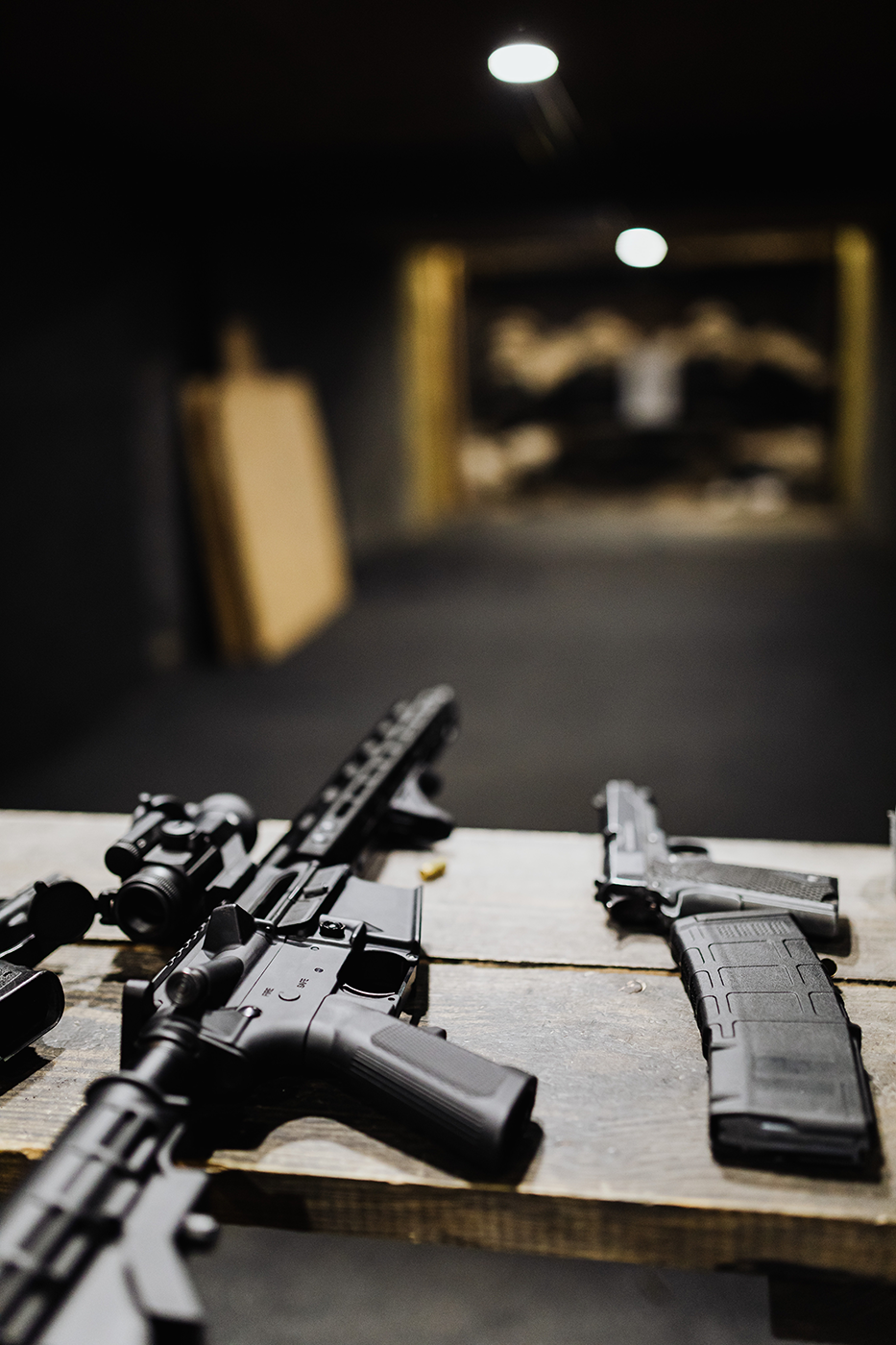When Democrats passed the controversial gun ban bill just before the end January lame-duck session of the 102nd General Assembly, Illinois Republicans warned that the bill would face serious constitutional challenges in court. The new law purports to ban, or heavily regulate, a long list of so-called “assault weapons,” firearm fittings, and magazines. Several of the sections of the controversial law go into extreme detail to describe specific types of objects to be banned or regulated, while being quite vague about other classes of objects.
It was this disparity between detail and vagueness that drew the attention of federal Judge Stephen McGlynn of the Southern District of Illinois. In an order that applied to three separate federal lawsuits filed against the Illinois gun ban law, Judge McGlynn ordered the State of Illinois – which as the party that enacted the law and is defending it in court, is the defendant of record – to provide “illustrative examples of each and every item banned” under the new law. The phrase “each and every item” was taken by observers of these cases as a sign that the judge was looking with skepticism against the vaguer sections of the law. “Unconstitutional vagueness” is a legal term that describes one of many pathways that can be taken by a federal court when striking down an unconstitutional law. Judge McGlynn issued his order on Monday, February 13.
